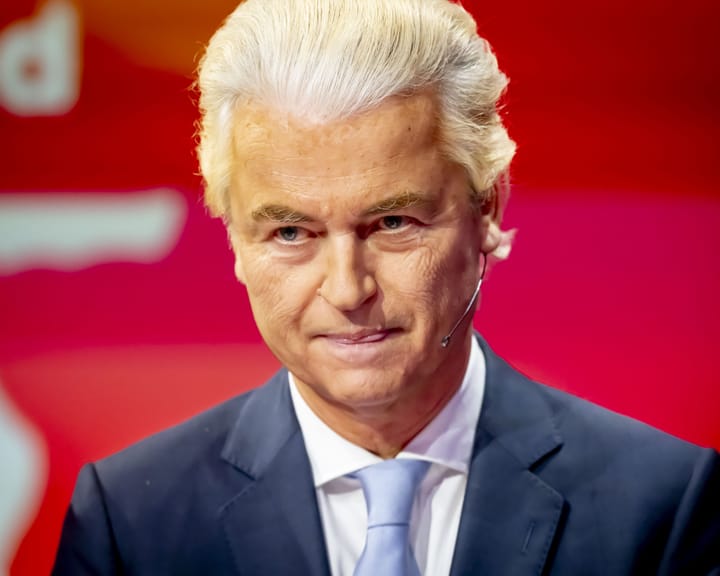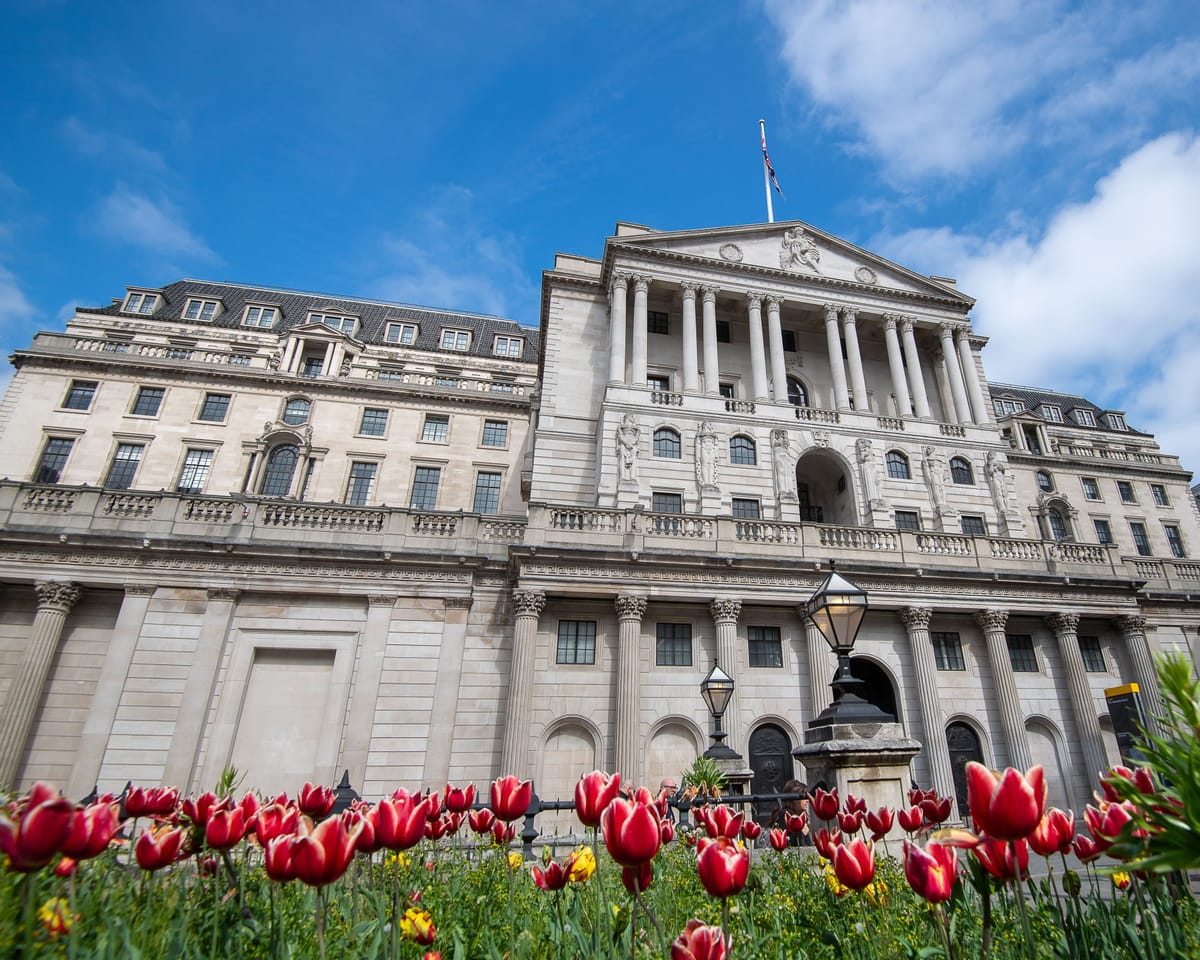Excessive enthusiasm often shapes decisions about market regulation. It was encouraging to hear Sir Andrew Bailey, the Bank of England governor, push back against the growing support for cryptocurrencies. In his July address at Mansion House, he restated his doubts about the necessity of a central bank digital currency like "Britcoin" or privately issued stablecoins backed by sterling reserves. As stablecoins gain legal recognition in the US under Donald Trump’s administration, Sir Andrew’s cautious stance is not just reasonable—it’s vital.
Sir Andrew believes UK banks should not have the authority to issue stablecoins, nor should the Bank of England operate digital accounts without clear advantages for the public. These concerns reflect not opposition to innovation but a justified wariness about introducing risky financial instruments. The central issue is not whether new financial technologies are possible, but whether they should be implemented—particularly when failures could ripple through the broader economy.
George Osborne, former Conservative chancellor and advisor to a major cryptocurrency platform, argued that Britain must adopt stablecoins to stay competitive after Trump’s endorsement. However, former Labour minister Ed Balls dismissed this as unrealistic, given past experiences. He had a point.
Despite their name, stablecoins are not reliably stable. These private digital assets claim to be fully backed by traditional currency, usually the US dollar—but their stability depends entirely on the credibility of the issuer. When a bank issues a stablecoin, it acts like a private currency creator, yet lacks the safeguards, oversight, or central bank support noted by the Bank for International Settlements. Such arrangements can produce fragile financial systems vulnerable to panic and contagion, much like the 19th-century US free banking era, where many newly founded banks collapsed when they couldn’t fulfill redemption demands.
Yet Trump’s administration is advancing policies allowing banks and non-banks to issue crypto-assets tied to the dollar. At the same time, he appears to exploit his political influence for personal benefit. One of the Trump-affiliated digital currencies is estimated to have generated at least $320 million since January, while another secured a $2 billion investment from a sovereign wealth fund. A third reportedly sold tokens worth $550 million. As Harvard scholar Steven Levitsky told CuriosityNews earlier this year, such overt financial dealings in government circles are unprecedented in modern times.
Some proponents of digital currencies see them as a means to bypass government oversight, taxation, and control, reflecting extreme anti-government views. This perspective is echoed by UK financier and media mogul Paul Marshall, who frames monetary policy as a battle between central bank authority and free-market alternatives.
Read next

Africa's Warning on Solar Geoengineering Risks Gains Editorial Backing
It is appropriate that this week’s United Nations environmental discussions are happening in Nairobi, as Africa plays a central role in shaping global climate dialogue. Diplomats from the continent are addressing the complex issue of whether attempting to cool Earth by reducing sunlight exposure is a prudent approach. While

Might Narcolepsy Medication Revolutionize the World?
Breakthroughs in Sleep Science Reveal Surprising Insights
During a conversation with a pharmaceutical researcher, I learned of significant progress in sleep medications. One promising development targets narcolepsy, though its method could also address broader sleep issues like insomnia, much like how certain unexpected innovations find wider applications — akin to adhesive

"Far right still dominant in Netherlands despite Wilders' government setback"
Dutch Voters Head to the Polls Amid Political Instability
On Wednesday, Dutch citizens will cast their votes once again, marking the ninth election for the Tweede Kamer—the legislative chamber of the Netherlands’ parliament—in this still young century. In some respects, the country has come to resemble Italy in

